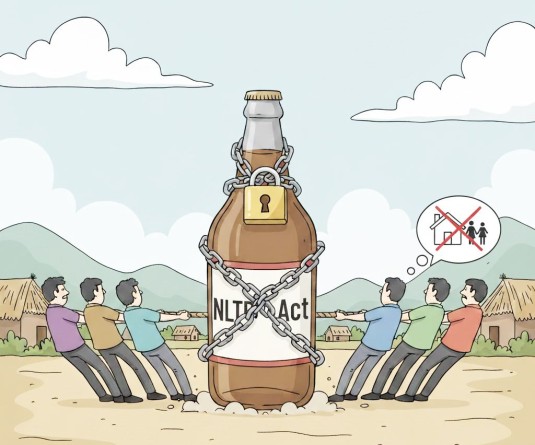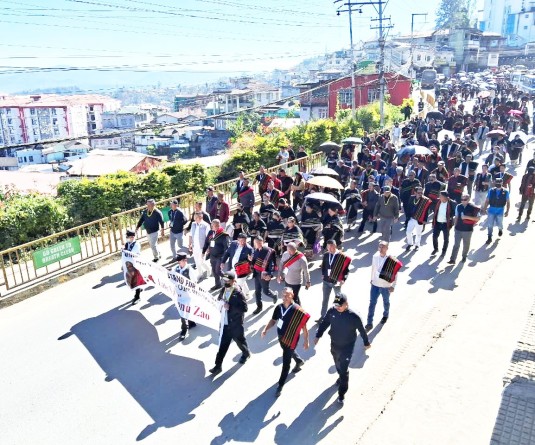
Vishu Rita Krocha
Kohima | September 26
Seen as one of the fastest growing economic sectors in the world, the tourism industry continues to grow with more and more people travelling today. This also increases the need for travelers to be more responsible as they go around discovering more places across the globe.
On the eve of World Tourism Day, annually observed on September 27 since 1980, The Morung Express caught up with some avid travelers, who are also staunch promoters of ‘responsible tourism.’ Dr. Robert Mizo, Environmentalist & Asst. Professor, Kamala Nehru College, University of Delhi asserted that, “sustainable tourism should be the only form of tourism practiced today given the fragility of most of the ecological hotspots.”
“It is the responsibility of every traveler to leave the place as untouched and pristine as possible so that the beauty and goodness remain intact for future travellers as well. Further, it should be a moral responsibility of every traveler to reduce their ecological footprints to the minimum while exploring nature,” he emphasized.
The United Nations has designated 2017 as the International Year of Sustainable Tourism for development. Towards this end, Dr. Robert Mizo felt that “the state does have a big responsibility in enforcing sustainable tourism” wherein it can enforce stricter environmental laws and guidelines governing human interactions with nature. “Little practices such as proper garbage disposal, non-littering, and refraining from harming the flora and fauna of the regions will go a long way in preserving nature and tourist hotspots in general,” he highlighted.
Impressing upon that the local community owes a great deal in making tourism sustainable, he stated that “communities with strong environmental ethos are better equipped at engendering sustainable tourism” and that, the tradition of local environmentalism certainly sends out a strong message to the tourism industry and other stakeholders to be mindful in engaging with the natural environment.” “In a way, the local communities are the sole guardians of their environs. They have the responsibility to fulfill their role while also reaping the economic benefits of tourism,” he said.
Chief Traveler of India Trail, Rohan K. Abraham said, “for us, Sustainable Tourism is something where we empower people to be able to manage it on their own. For example, instead of taking people to a village and showing them around and coming back, we actually go to a village site and train them up to be our representatives so that they can not only host with us but any other people coming in from any other agency.”
That way, he pointed out that “the transfer of knowledge is there and therefore, they are empowered to sustain themselves in the long run with or without us.” “It is about making sure that people have the ability to continue doing what you have come to do,” he enlightened.
For Sievituo Solo, who went around the world on a bamboo cycle, travelling has opened up a world of knowledge even as he remarked that, “as the saying goes, the more you see, the little you feel.” Stating that it is the most humbling experience, he said, “you definitely realize who you are, what you are to the rest of the world and what you can offer instead of what you can gain.” He impressed upon that it is important to keep learning new things along the journey, exchanging cultural difference and educating oneself to make a difference. “When a traveler sincerely explores deeply into other cultures, then, one knows what to highlight about his/her culture when others come to visit,” he stated.


.jpg)


.jpg)
